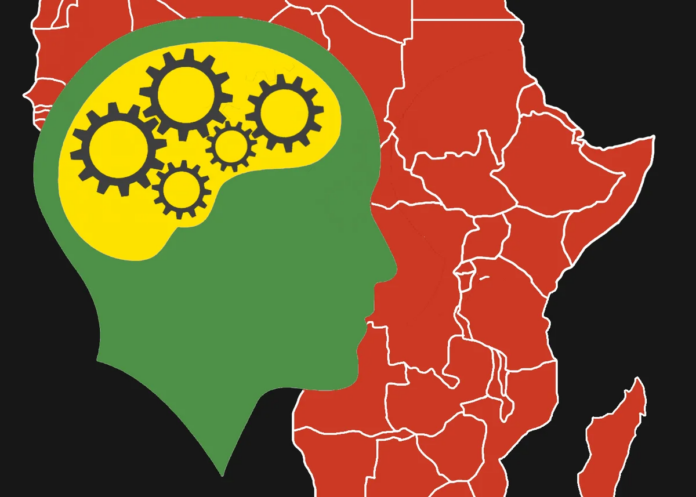In the rapidly evolving landscape of artificial intelligence (AI), linguistic inclusivity is emerging as a crucial frontier. Dr. Ife Adebara, a computational linguist, has been at the forefront of this movement, particularly focusing on addressing the scarcity of natural language processing (NLP) resources in African communities. Adebara’s journey began with a recognition of the staggering linguistic diversity across the African continent, where approximately 2,000 languages are spoken. However, the vast majority of these languages lack adequate technological support, leaving over a billion people marginalized in global conversations. Adebara emphasizes that linguistic inclusivity is not merely about technological advancement but also about social equity and representation in an increasingly interconnected world.
Central to Adebara’s work is the development of language generation models that support African languages and dialects, totaling 517 in her latest project. This groundbreaking initiative not only bridges the digital divide but also instills a sense of pride and validation within the communities whose languages have long been sidelined. Adebara highlights the prevailing bias favoring foreign languages over indigenous African languages and celebrates the transformative impact of integrating these languages into technology. By empowering communities to see their languages reflected in AI, Adebara aims to challenge perceptions of linguistic hierarchy and promote the richness of Africa’s cultural heritage.
However, the path to linguistic inclusivity is not without its challenges. Dr. Garrett Nicolai, an assistant professor in linguistics, underscores the complexities of working with under-represented languages, citing the lack of resources as a significant hurdle. Despite these challenges, Nicolai’s work with Indigenous languages in Canada demonstrates the potential for collaboration between linguists and communities to revitalize and preserve endangered languages. A key aspect of responsible AI development, as emphasized by both Adebara and Nicolai, is the need to mitigate biases inherent in computational models. While AI holds promise for language preservation and learning, there is a critical need for transparency and accountability in how these technologies are deployed.
In addition to technological innovation, Adebara stresses the importance of community engagement in developing tools that cater to the specific needs of language communities. From creating dictionaries to facilitating language learning, the goal is to empower communities to reclaim and revitalize their linguistic heritage. Ultimately, Adebara’s work serves as a beacon of hope for linguistic diversity and representation in AI. By championing the integration of under-represented languages into technology, she not only transforms the digital landscape but also fosters a more inclusive and equitable society.
















 The African Research (AR) Index is a comprehensive scholarly directory and database focused explicitly on journal publishers that publish and disseminate African research.
The African Research (AR) Index is a comprehensive scholarly directory and database focused explicitly on journal publishers that publish and disseminate African research.

